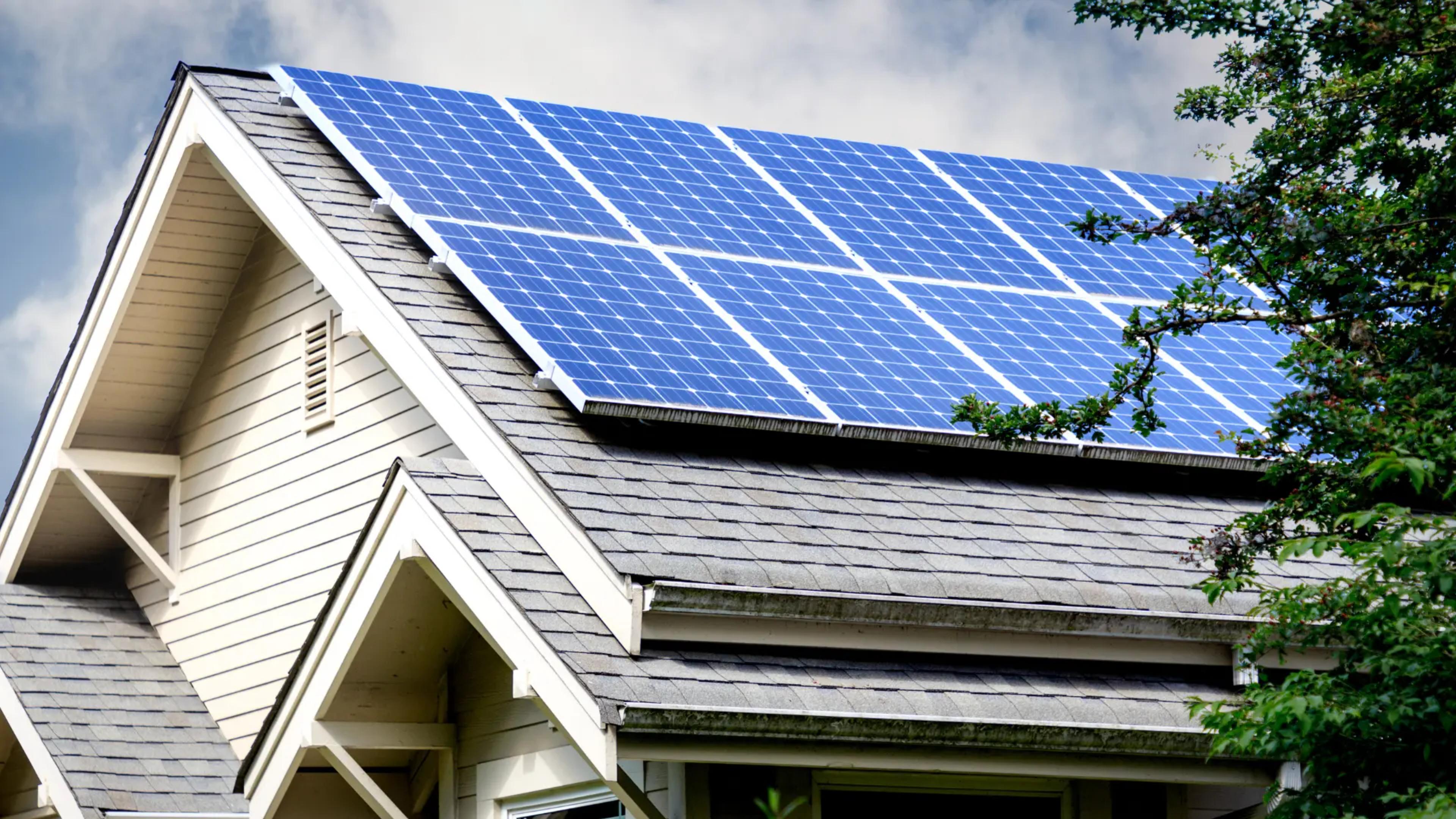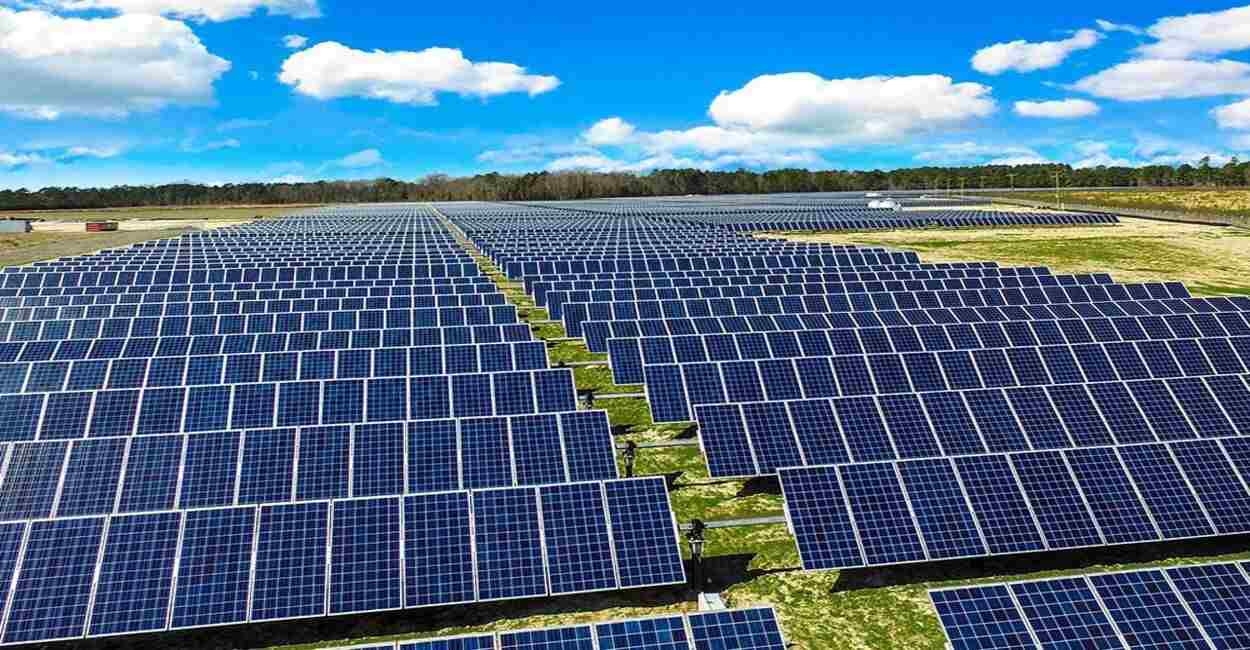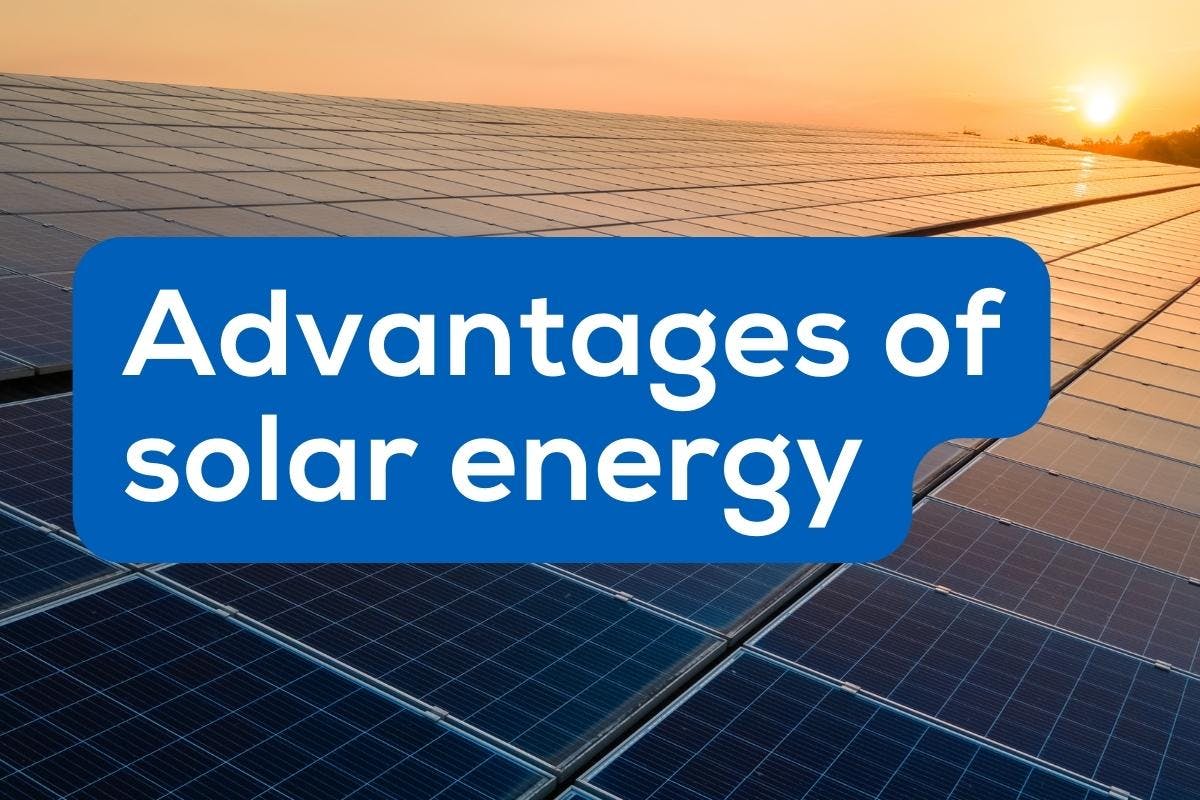The Benefits of Solar Power: Why You Must Make the Switch Today
As the globe significantly prioritizes lasting energy remedies, the advantages of solar energy end up being more noticable. Transitioning to solar energy not just supplies substantial monetary cost savings through reduced power expenses and available tax obligation incentives, yet it additionally plays an essential duty in mitigating ecological impact by decreasing carbon impacts. The integration of solar innovation can improve building values, making homes extra enticing in a competitive market. Nonetheless, the ramifications of these improvements extend beyond plain price financial savings; they raise significant questions concerning power self-reliance and long-term sustainability. What does this mean for your future?
Financial Financial Savings and Incentives
The monetary advantages of solar power are engaging for homeowners and services alike. By purchasing solar power systems, homeowner can substantially decrease their power expenses. As soon as set up, solar panels harness energy from the sun, enabling users to generate their own power and consequently decrease reliance on grid-supplied energy, which goes through rising and fall rates.
In addition to immediate financial savings, numerous incentives facilitate the adoption of solar energy. Federal tax credit reports, such as the Financial Investment Tax Obligation Credit Rating (ITC), enable homeowners to subtract a significant portion of the installation prices from their government taxes. Lots of states and regional federal governments likewise offer discounts, grants, or tax obligation exceptions that better enhance monetary feasibility.
Over time, these financial advantages can lead to a considerable return on investment, making solar power not just an environmentally responsible choice yet additionally an economically sound one. As awareness of these benefits expands, a lot more individuals and organizations are considering solar power solutions.
Environmental Effect
Utilizing solar power dramatically lowers carbon discharges and various other contaminants connected with conventional energy resources. Solar power systems create electrical energy without creating unsafe byproducts, therefore adding to cleaner air and a decrease in greenhouse gases. This shift is crucial in combating climate adjustment, as the energy field is a major factor to global carbon emissions.
Additionally, solar energy minimizes the environmental deterioration usually connected with nonrenewable fuel source removal and intake. Simply Solar Illinois. The mining and drilling processes for oil, coal, and all-natural gas can result in environment devastation, dirt disintegration, and water contamination. In comparison, solar power utilizes the abundant resource of sunshine, reducing ecological disturbance
The widespread fostering of solar technology can likewise foster biodiversity by lowering dependence on power sources that contribute to environment loss and air pollution. Additionally, solar setups can be put on rooftops and previously disrupted land, thus preserving natural landscapes and lowering land usage problems.

Energy Independence
Achieving energy self-reliance is a substantial advantage of solar energy, allowing nations and communities to reduce their reliance on imported fossil gas. By using the sun's power, nations can produce their very own electricity, thereby lessening susceptability to worldwide energy market variations. This self-sufficiency not just boosts national protection however also supports regional economic climates, as decreased reliance on international energy resources can result in lower energy costs.
Solar power systems can be released at various scales, from domestic rooftops to large solar farms, enabling communities to produce energy locally. This decentralization advertises resilience versus power supply disturbances and all-natural calamities. Investment in solar modern technology promotes task production within neighborhood economies, boosting growth and giving employment possibilities in the renewable energy market.
Transitioning to solar power also contributes to lasting practices, aligning with worldwide objectives to fight climate change. As neighborhoods purchase this renewable resource, they foster technology and technological improvements that better enhance power self-reliance. Overall, Continued the shift to solar energy empowers areas, decreases geopolitical risks, and leads the way for a sustainable energy future, making it a vital consideration for both individuals and policymakers alike.

Enhanced Property Worth
Purchasing solar energy not only boosts energy freedom however also significantly enhances home value. Houses equipped with solar power systems are significantly eye-catching to prospective customers, as they offer minimized utility costs and a smaller carbon impact. Studies have actually revealed that residential or commercial properties with photovoltaic panels can fetch a costs on the property market, with some price quotes suggesting an increase of as much as 4% in value.

In addition, solar power systems frequently cause reduce total maintenance prices, which can be a solid marketing factor find out here for prospective home owners. As the demand for eco-friendly housing continues to rise, investing in solar power can generate long-lasting economic advantages, making certain that your home continues to be not just pertinent but additionally beneficial in a changing financial landscape. The decision to button is not almost energy savings; it's a calculated investment in your building's future.
Advances in Solar Modern Technology

Transforming the landscape of renewable energy, advances in solar modern technology have considerably boosted the efficiency and ease of access of solar energy systems. Developments in photovoltaic or pv (PV) cells have brought about the growth of bifacial panels, which capture sunlight on both sides, consequently raising energy output. Additionally, the advent of thin-film solar cells has made solar modern technology lighter and extra adaptable, allowing assimilation right into a bigger selection of surfaces, including lorries and structure materials.
Energy storage space options have additionally proceeded significantly, with lithium-ion batteries ending check up being more effective and cost-effective. This permits homeowners and organizations to save excess power produced during the day for use at night or during periods of low sunlight, thereby making the most of energy self-reliance. Innovations in clever solar innovation, such as AI-driven energy administration systems, allow individuals to maximize their power consumption and minimize waste.
The growing fad of community solar jobs has actually made solar energy a lot more easily accessible to those unable to set up panels on their buildings. As innovation remains to progress, the future of solar energy promises to be a lot more efficient, sustainable, and integrated into our everyday lives, making the switch to solar a more sensible choice than ever before.
Conclusion
To conclude, the change to solar energy offers considerable economic benefits with price financial savings and readily available incentives. The environmental benefits, including lowered carbon exhausts and boosted air top quality, more highlight the value of adopting renewable power resources. In addition, solar power enhances energy independence and raises building value, making it a prudent investment. With continuous innovations in solar innovation, the chance to harness solar power has never been more available, promoting a sustainable future for all.